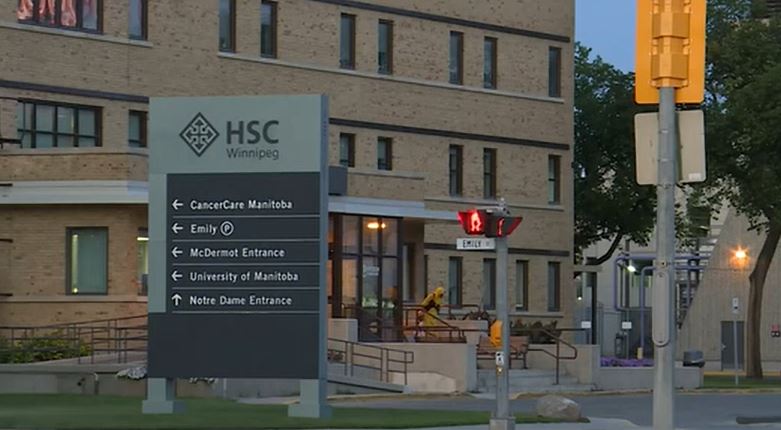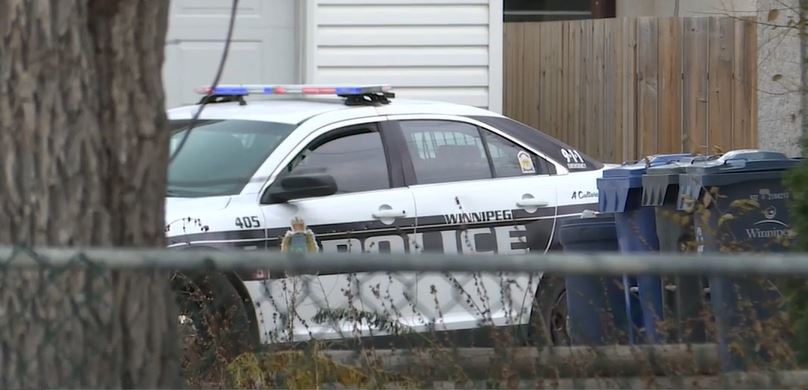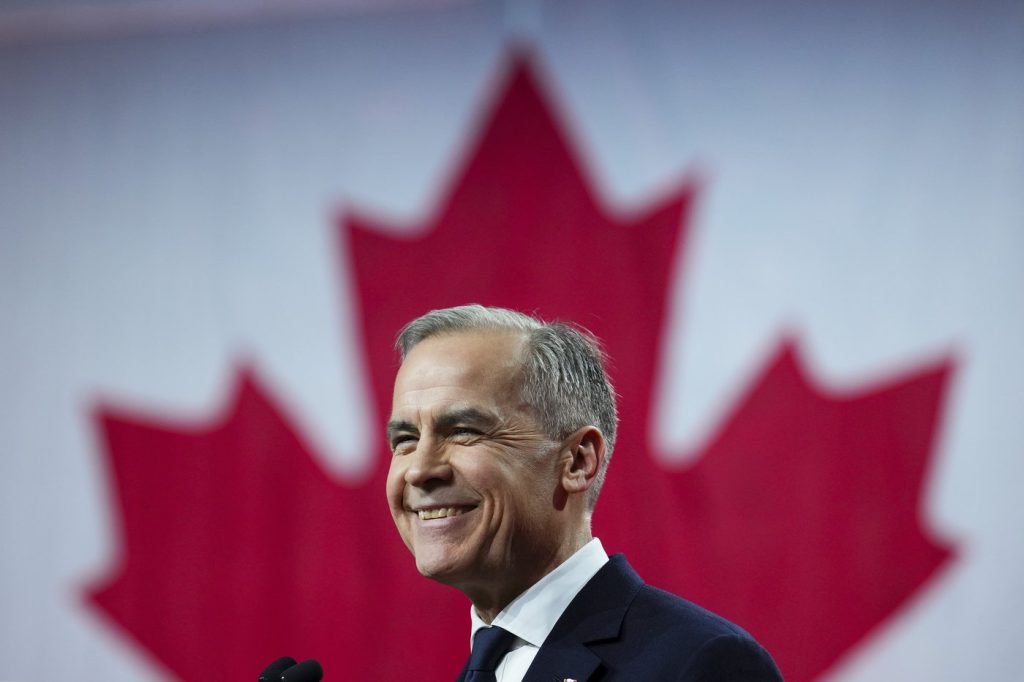Epilepsy monitoring, recovery unit opens at Winnipeg’s HSC

Posted March 26, 2024 3:45 pm.
Last Updated March 26, 2024 7:45 pm.
Manitoba has made it easier for those living with epilepsy to get treatment.
Tuesday the province announced a new and expanded epilepsy monitoring unit and neurological recovery unit has opened at the Health Sciences Centre (HSC).
“This new monitoring unit will ensure more Manitobans living with epilepsy can get the specialized care they need, close to home,” said Uzoma Asagwara, Manitoba’s health, seniors and long-term care minister, in a news release.
According to the province, the unit opened in January, and is still in its opening phases. With the unit, patients will be continually monitored to allow for a better understanding of how changes in brain electrical activity relate to their symptoms.
“This will mean fewer visits to the emergency department, fewer MRIs, fewer interventions and most importantly it will mean a better quality of life for Manitobans living with epilepsy,” said Dr. Manon Pelletier, the chief medical officer at HSC Winnipeg.
The province also said it will be investing $2.5 million annually for operating costs.
“The opening and expansion of the adult EMU is an important development for Manitobans living with epilepsy, and the opening of the new donor-funded Unit B5B will further enhance the care available at Manitoba’s hospital,” said HSC Foundation president and CEO Jonathon Lyon in the same news release.
“Today’s announcement is another powerful example of what is possible when government, hospital leaders, and the foundation work together in the spirit of partnership and in the pursuit of excellence in care. We are grateful for the support we received from our donors. Once again, we have seen that Manitobans are inspired to do their part as donors to help move health care forward.”
The unit will be located between the EMU and neurosurgery unit within HSC, and is an expansion to the step-down unit for neurosurgery patients which will increase capacity for epilepsy surgery patients.
Asagwara adds while most people with an epilepsy diagnosis can manage their symptoms with medication, long-term drug therapy does not work for all, and patients can be referred to an epilepsy monitoring unit to determine why they are not responding to drug therapies and if surgery is an alternative.
The Manitoba health minister accused the previous Progressive Conservative government of shutting down the epilepsy monitoring unit in 2019.
However, in their own news release, the PCs said investments they made in 2021 and 2022 laid the groundwork for the newly expanded epilepsy monitoring unit.
Dillon Spicer’s journey with epilepsy began when he was just 9-years-old. After moving to Manitoba in 2022, he was shocked at the lack of resources that were available and was informed he would have to travel out of province if he wanted to have access to a unit like the one now available at HSC.
“I went about a year-and-a-half before I could see my specialist my neurologist,” said Spicer.
“If I went out there I’d be on my own, no family, no nothing which is something I don’t want to go through, and having this 24-hour unit in my opinion is going to be a huge breakthrough.”
-With files from Kurt Black








